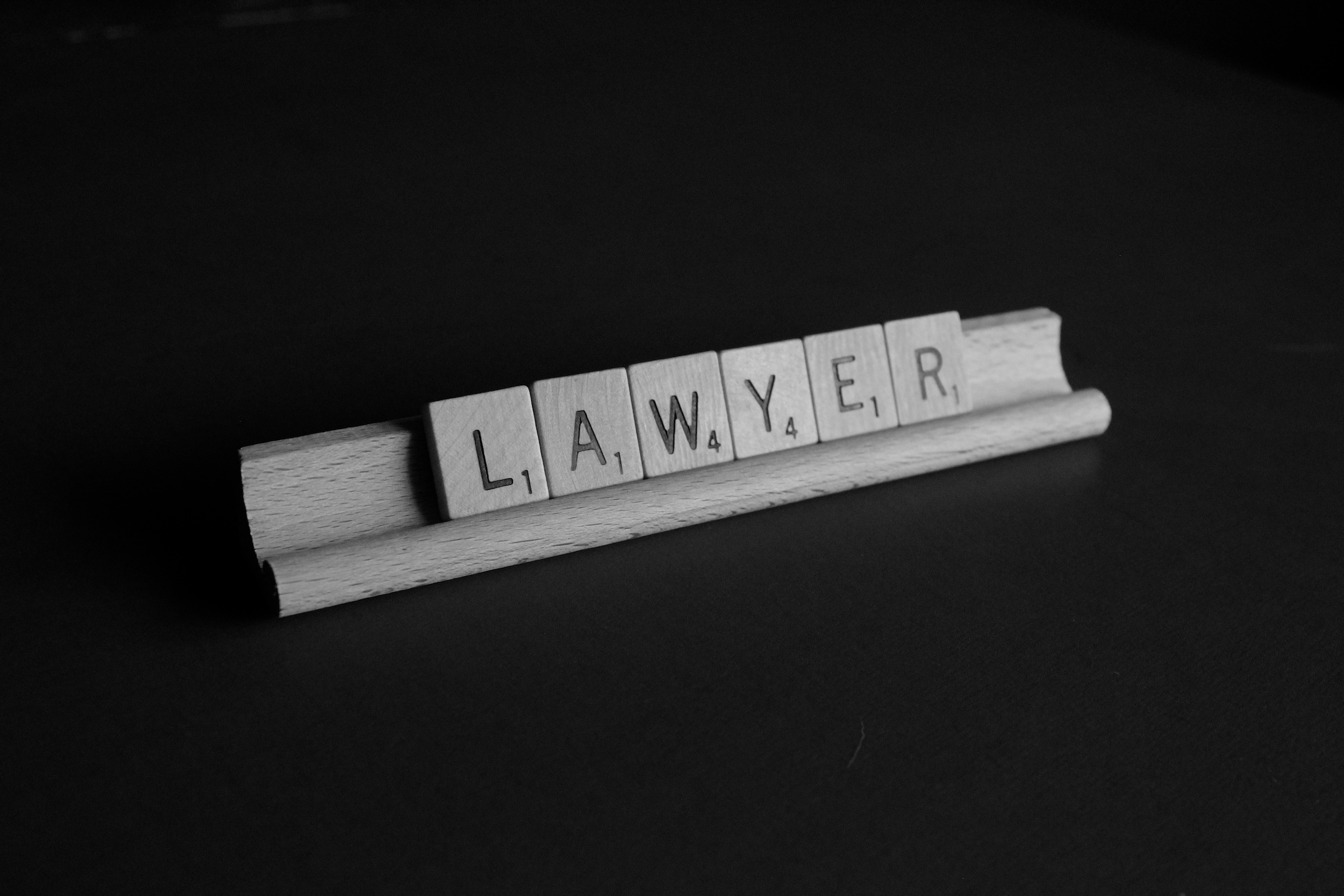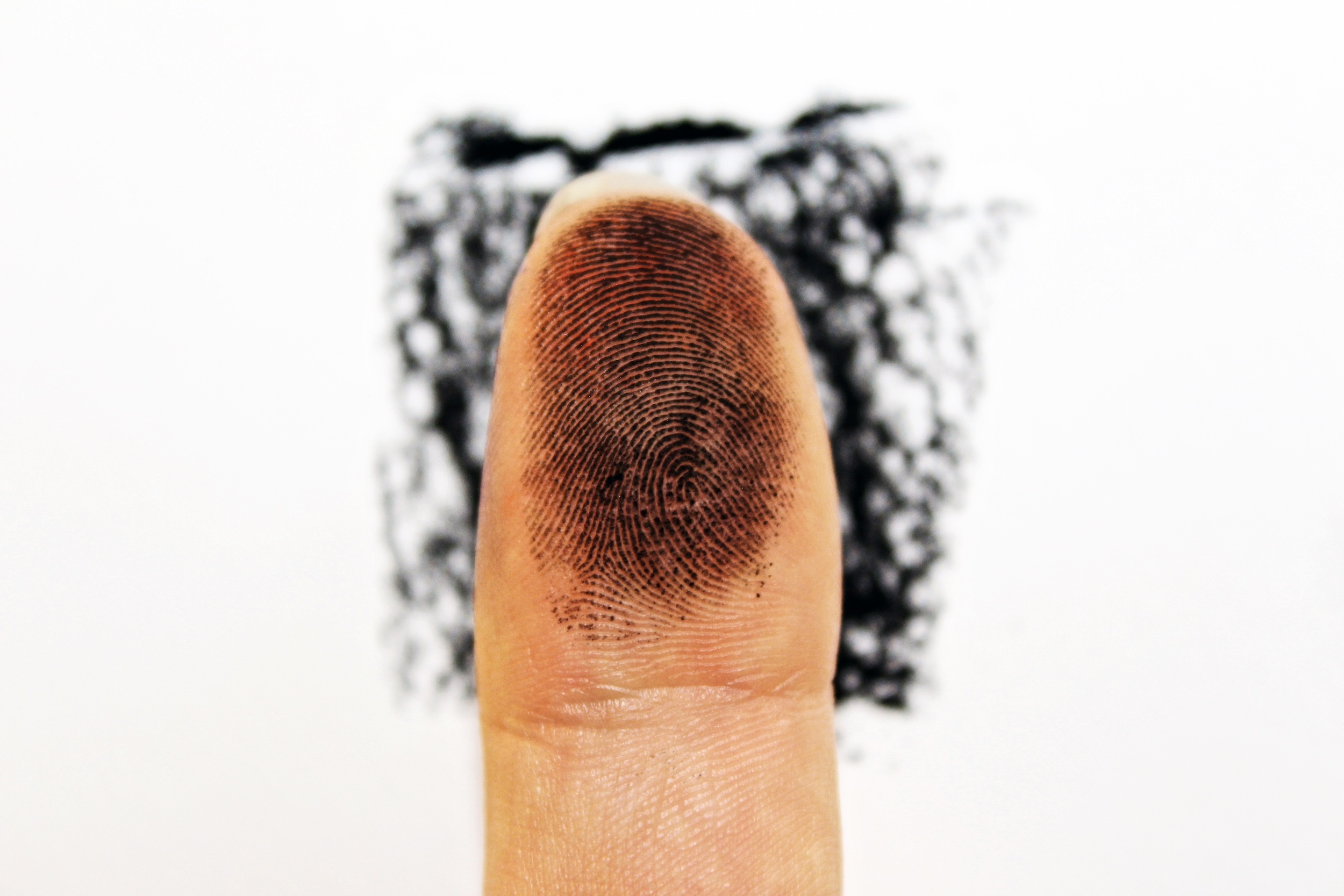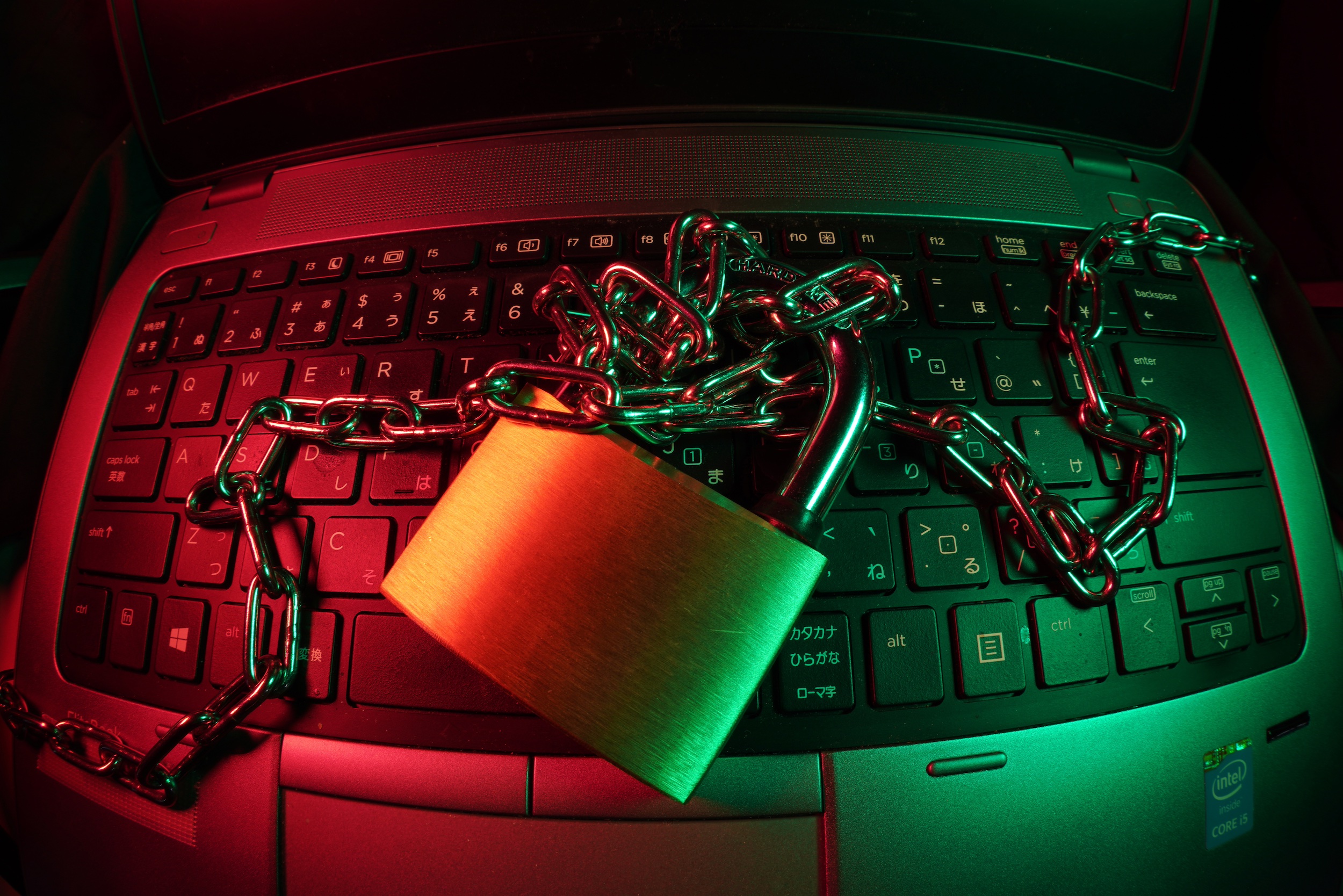The legal landscape is undergoing a significant transformation, with artificial intelligence (AI) leading the charge, especially in criminal defense. The integration of AI in legal strategies presents unprecedented opportunities for enhancing the efficiency and effectiveness of legal services.
AI-Enhanced Evidence Analysis
One of the most groundbreaking applications of AI in criminal defense is in evidence analysis. Traditional methods of sifting through evidence are often time-consuming and prone to human error. AI algorithms, however, can process vast amounts of data, including texts, images, and audio files, in a fraction of the time. This allows for quicker and more accurate identification of relevant case details, aiding in building a stronger defense strategy.
Predictive Analytics and Case Outcomes
AI’s ability to perform predictive analytics is a game changer. By analyzing data from past legal cases, AI can predict possible outcomes of current cases with a remarkable degree of accuracy. This insight assists defense attorneys in making informed decisions, whether it’s about going to trial or settling a case. It also aids in foreseeing and mitigating potential risks and tailoring defense strategies to maximize the chances of a favorable outcome.
AI in Jury Selection
The jury selection process is another area where AI can play a crucial role. By analyzing data on potential jurors, AI can help to identify biases and preferences that may affect the trial’s outcome. This technology ensures the selection of a more impartial jury, contributing significantly to a fair trial.
Ethical Considerations and Future Prospects
While AI offers substantial benefits, it also raises ethical concerns regarding privacy and the potential misuse of data. The legal community must address these issues to fully leverage AI in criminal defense.
Embrace the Future With The Williams Litigation Group
At The Williams Litigation Group, our team of seasoned attorneys and tech experts harnesses the power of AI to analyze evidence, predict case outcomes, and select impartial juries. With our commitment to innovation and excellence, we offer our clients the best defense strategies in the digital age. Contact us to experience the future of legal defense, where AI meets expertise to secure your rights and freedom.










